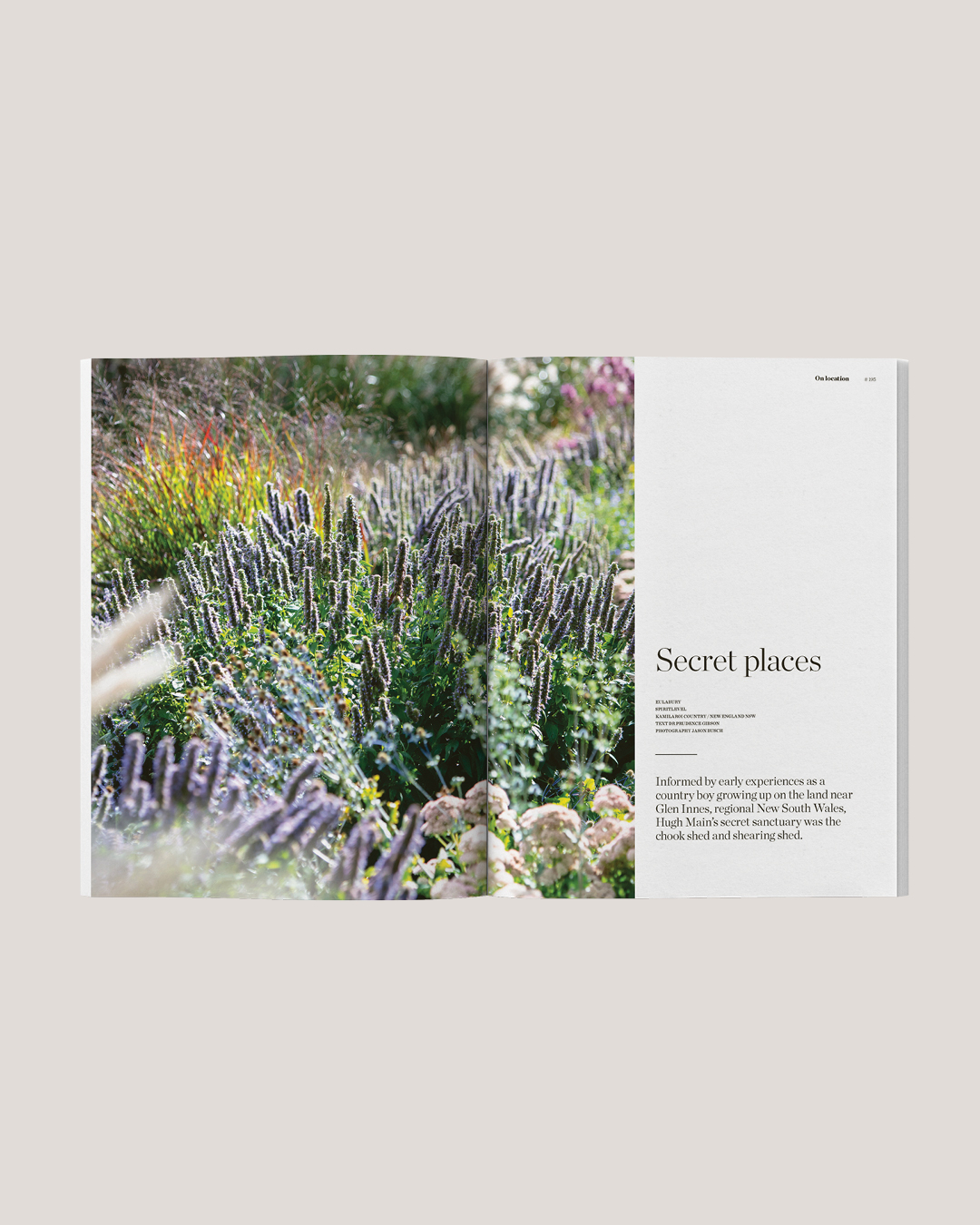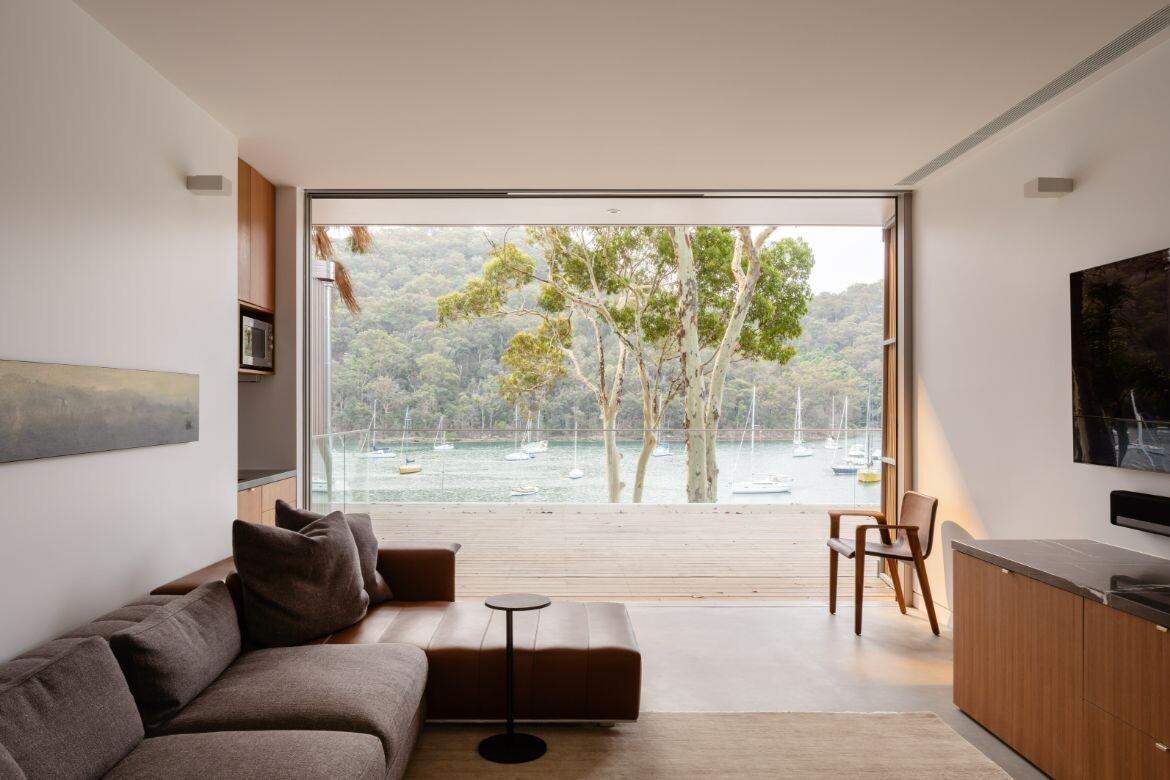As a practice, CHROFI is both innovative and forward-thinking. For more than two decades, the studio has been creating outstanding projects that cover a diverse range of genres. However, its residential commissions are shining examples of sensitive and thoughtful designs, with homes taken to another level of originality.
The studio is led by three principals whose surnames combine as the acronym CHROFI. Established in 2000 by John Choi and Tai Ropiha, Steven Fighera joined the duo in 2003. From the very first project, a competition for TKTS in Times Square, New York, CHROFI has been a leader in design narratives that make change for the betterment of people and place, and supports the belief that its architecture should present unexpected delight.
The office is located in Manly, Sydney, with views of the harbour on one side and the ocean beach on the other. There is an affinity to the water and to the landscape that is embedded in those who work in the practice, and this manifests in the responsive and beautiful residential projects that are conceived.
Delving deep into the essence of CHROFI’s residential design ideas, the studio has long tackled the question of how to allow people to live more in tune with the environment and the natural setting of their home. Unsurprisingly, many in the studio are passionate surfers and enjoy an early morning or afternoon surf.
From the beginning, in the 2000s, Asian residential design resonated. Over the years this has evolved and been refined for the Australian context.

While most often the heart of the home is thought to be the kitchen, for CHROFI, the heart lies in a more unusual setting – perhaps a courtyard or a concealed terrace. Each home expresses it differently but it is always a place where the outside complements the inside.
Yes, a spectacular view is important. But CHROFI sees this as an enhancement to the design, which should provide more. For it is the unexpected inclusion that has become the hallmark of a CHROFI residential commission.
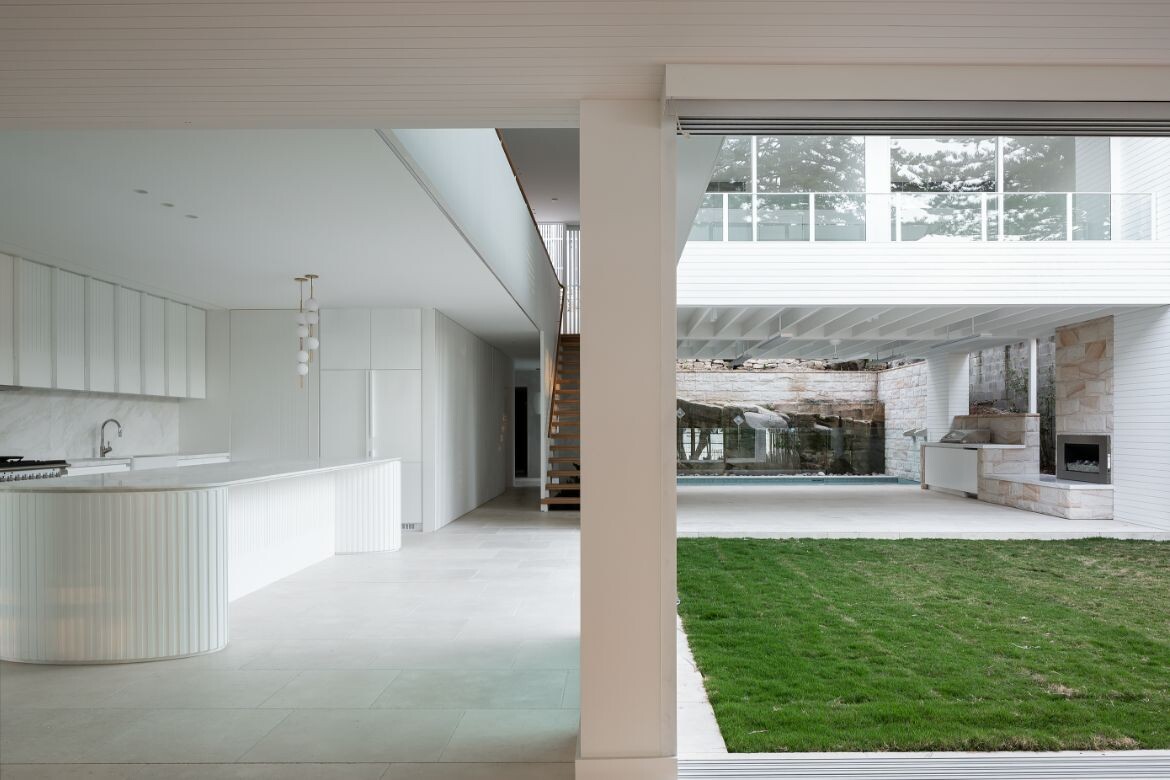
When designing a coastal house, “It’s more than just framing a spectacular view; that’s a one-dimensional solution,” says Ropiha. “We try to give a house more, whether that’s a courtyard, a light well or a hidden garden that will make the experience of the house more enriching.”
Extrapolating this idea further, CHROFI designs for the total experience, where a client can enjoy a view but also the total amenity of a house. Understanding weather and location is integral and informs a design to achieve the best end result.
For example, Narrabeen House, completed in 2007, is situated in a typical suburban location. Yet it is anything but ordinary. Entering the front door is to step into a courtyard. Leaving the street behind, ahead is an aspect of water and an uninhabited island.
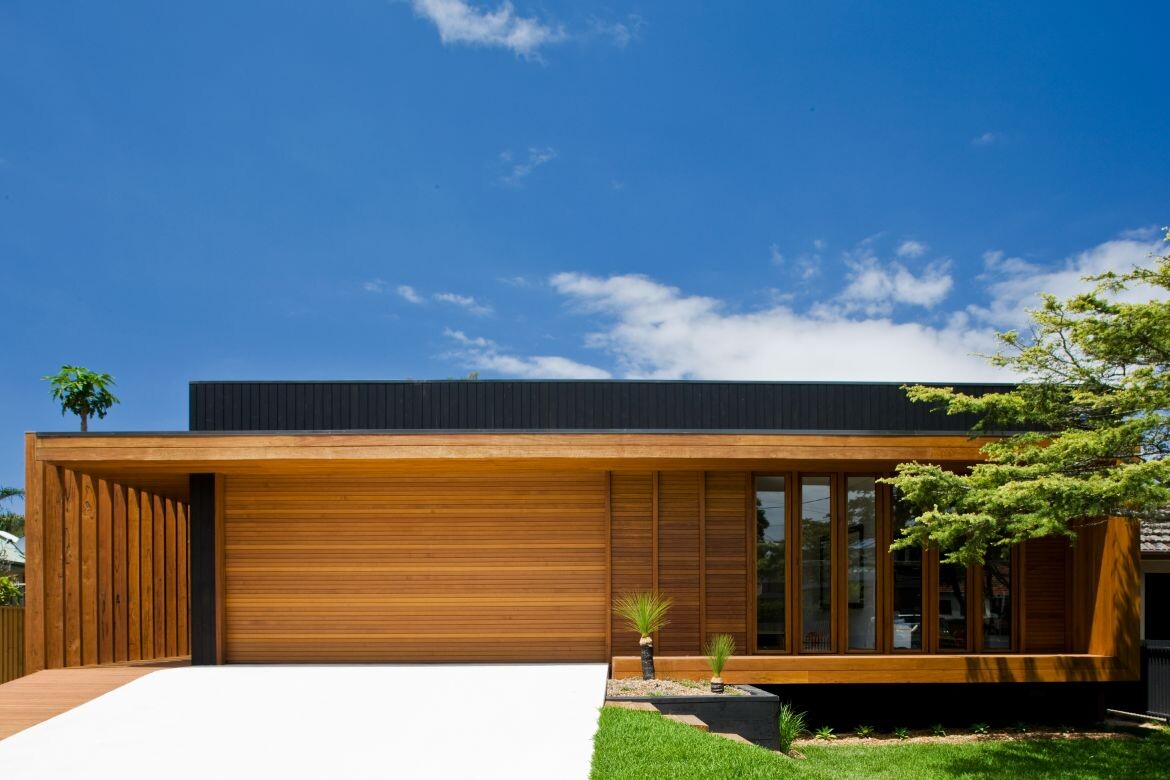
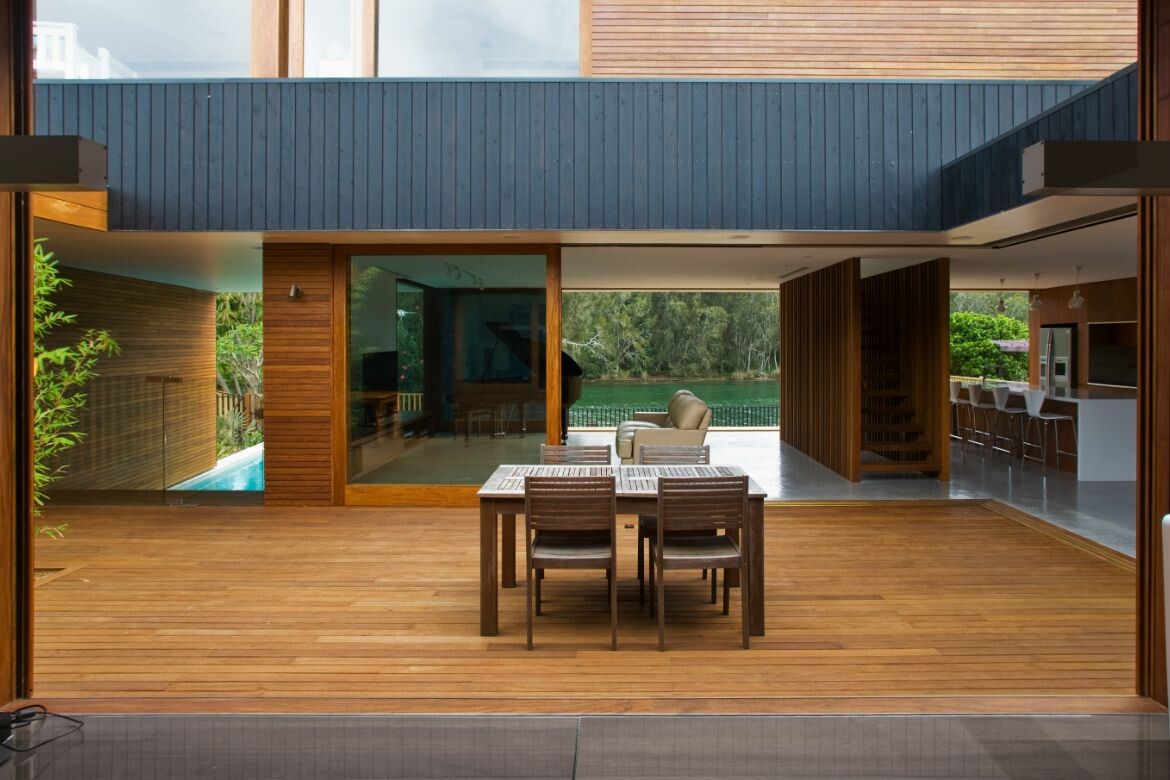
Rooms are grouped around this courtyard, which provides sunlight and ventilation but also views across and through the house. Both the temperate climate and easy access to water provide a setting to which this home is suited.
On the other hand, Manly Beach House, completed in 2022, was a modification of an existing mid-century home. A courtyard has been inserted at the rear of the property and the residence has been extended around it.
“The outdoor living room is all set up. It has the kitchen – fireplace, barbecue and fridges – and then a living room all grouped around the courtyard and you can see through this outside area, right to the water,” says Ropiha.
Even though the home is situated next to a public walkway, there is separation from the public realm, which results in private, incomparable living. Unexpected delight is definitely embedded in the DNA of Church Point House, completed in 2017, which has a sunken garden at the centre of the design.
“In this residence, instead of coming straight into the living room, the client descends all the way down to the bottom of the site and there’s quite a journey to get to the house as it’s three storeys down,” Ropiha explains. “But once arriving, there’s an intimate connection to the water complemented by this calming sunken garden to the rear.”
At Little Manly House, the setting provided the opportunity for a surprising outcome. Sited in a valley surrounded by sloping terrain, the architects raised the entire yard to create a level platform of connected gardens and indoor/ outdoor spaces.
Ropiha elaborates: “When you arrive there’s a sort of courtyard that has a fireplace and an outdoor living setting and it’s surrounded by lush landscape and garden walls. Through the manipulation of the terrain, the visual amenity of the entire landscape now connects straight into the house.”
Over the years the idea of an outdoor space in various forms has been developed and refined. For CHROFI, it’s more about a journey of discovery than what lies in plain sight.
Every home that CHROFI designs achieves its full potential and gives a client that little extra. There is an affinity with the water and surrounding landscape that translates into the design of homes such as Narrabeen, Manly Beach, Little Manly and Church Point. Through experience and ingenuity, CHROFI’s residential work is not just about living well but living better, closer to nature and bringing the indoors out.
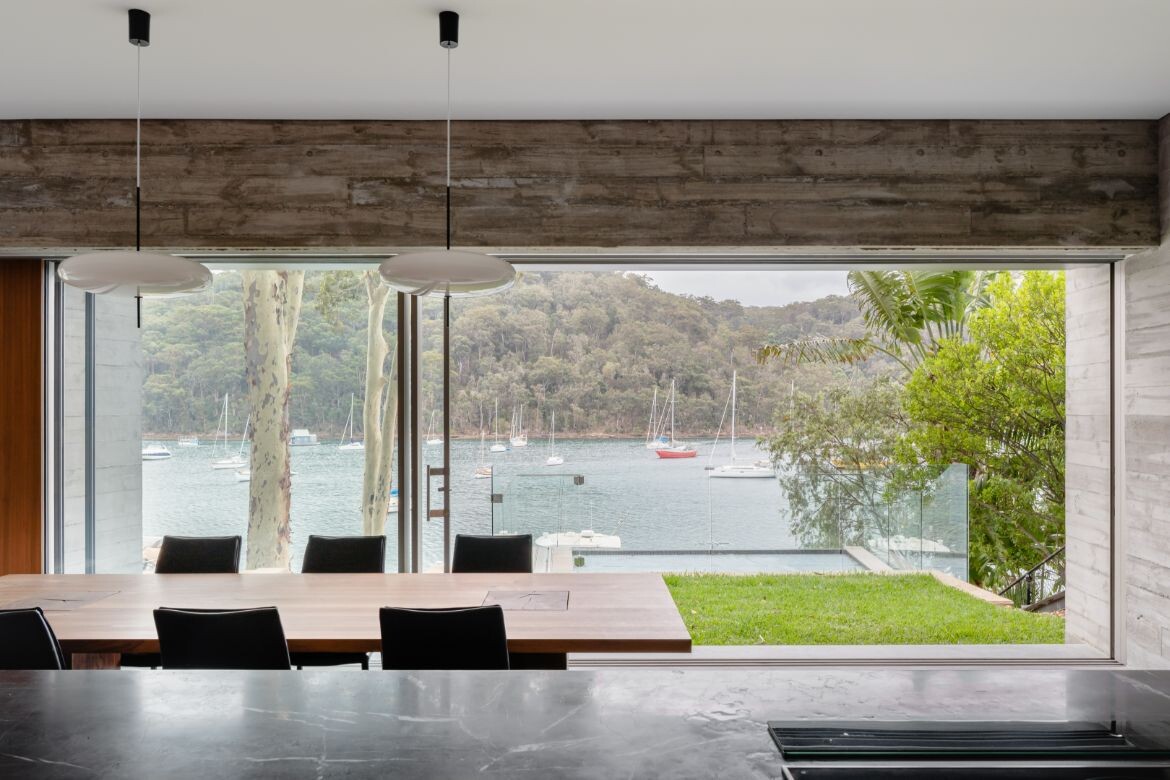
As Ropiha explains: “We like to bring something that the client wouldn’t have imagined. Something that’s not in the brief, but makes the home a richer place.”
Richer indeed. A home that meets and exceeds a brief is what every client dreams about but to include a sense of discovery that unfolds over time, well, that’s something to love.
Project details
Architecture and interiors – CHROFI
Location – Manly, NSW, Australia | Gayamagal People
Photography – Various, as credited
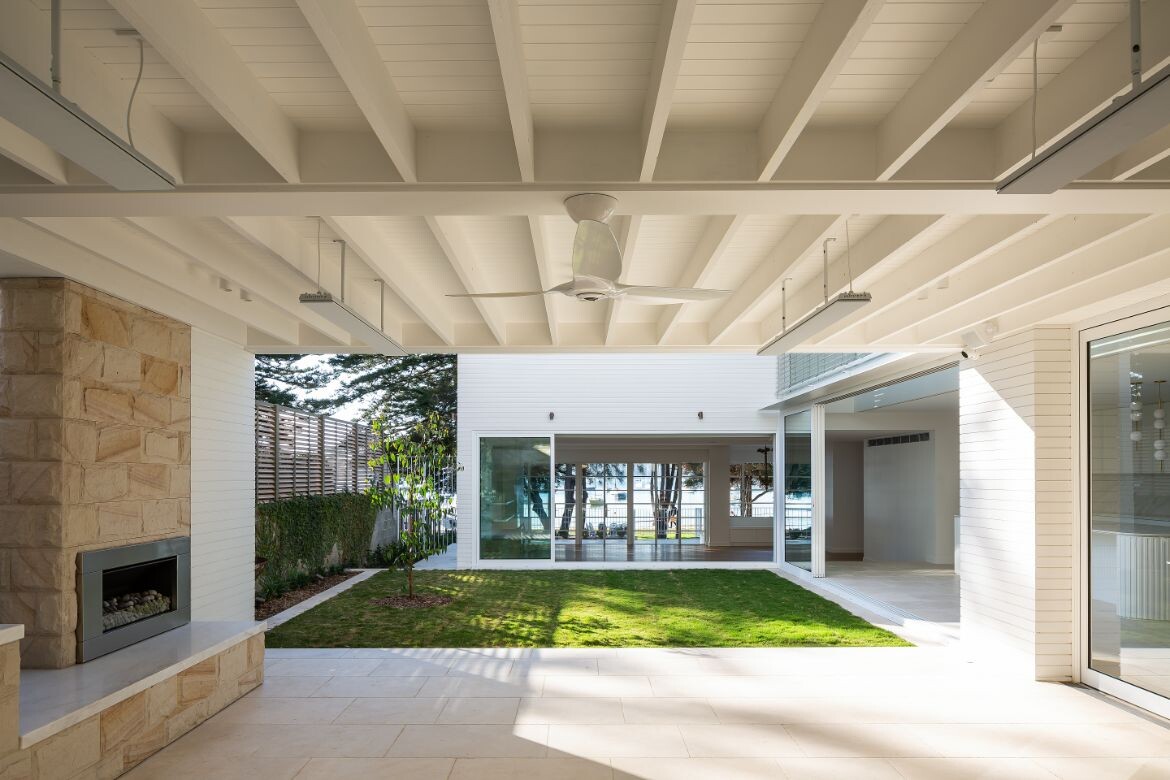
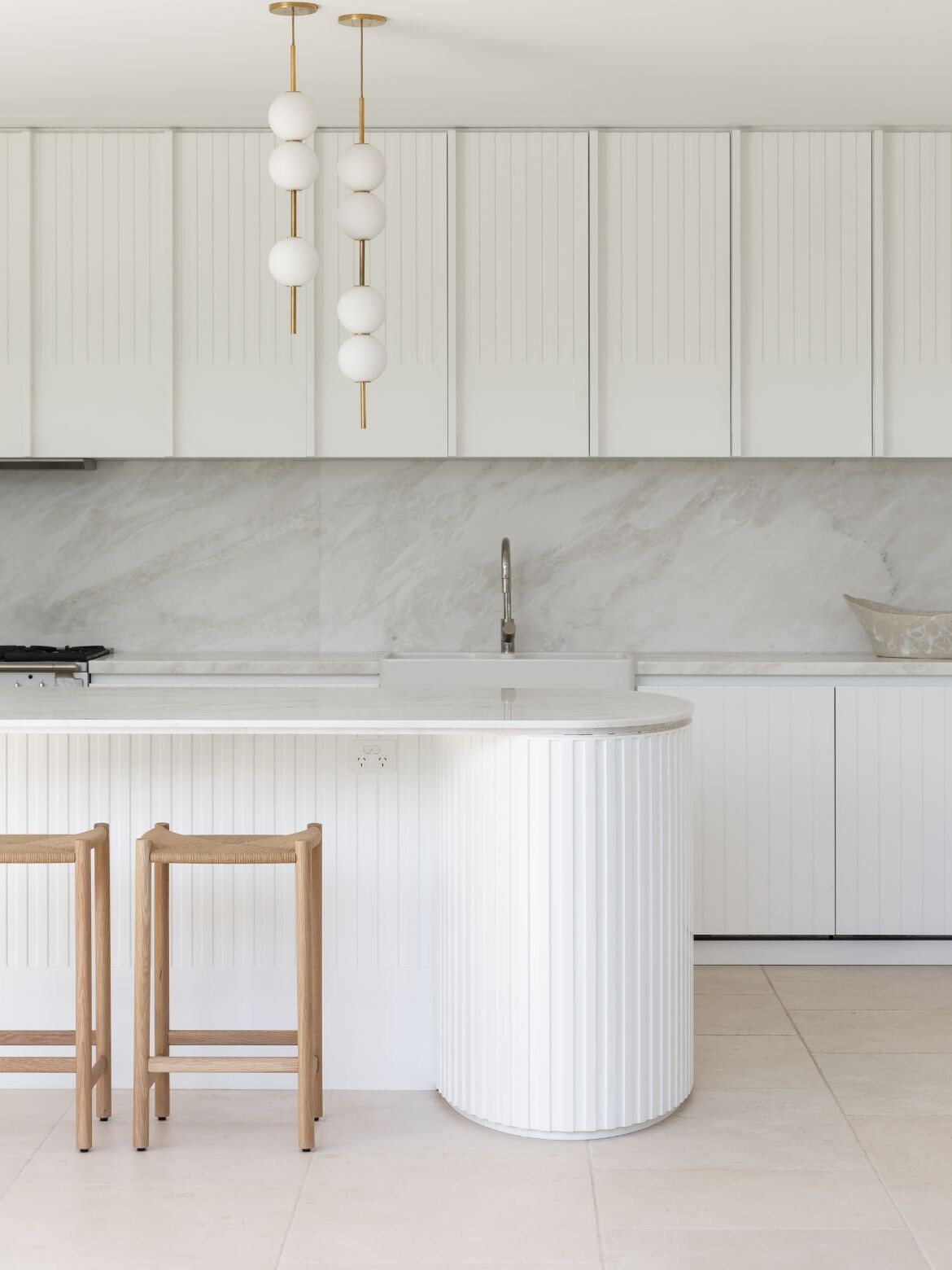
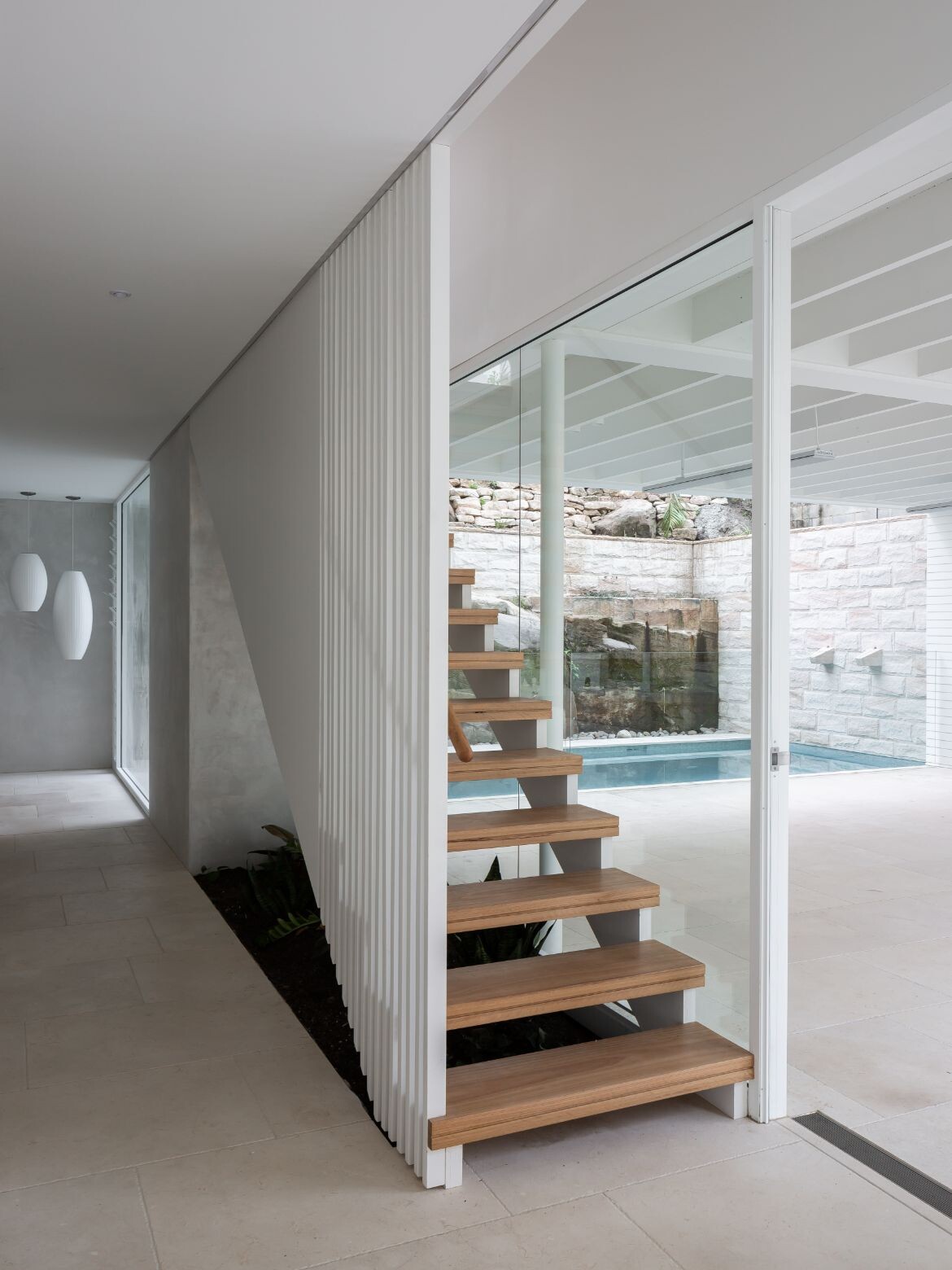

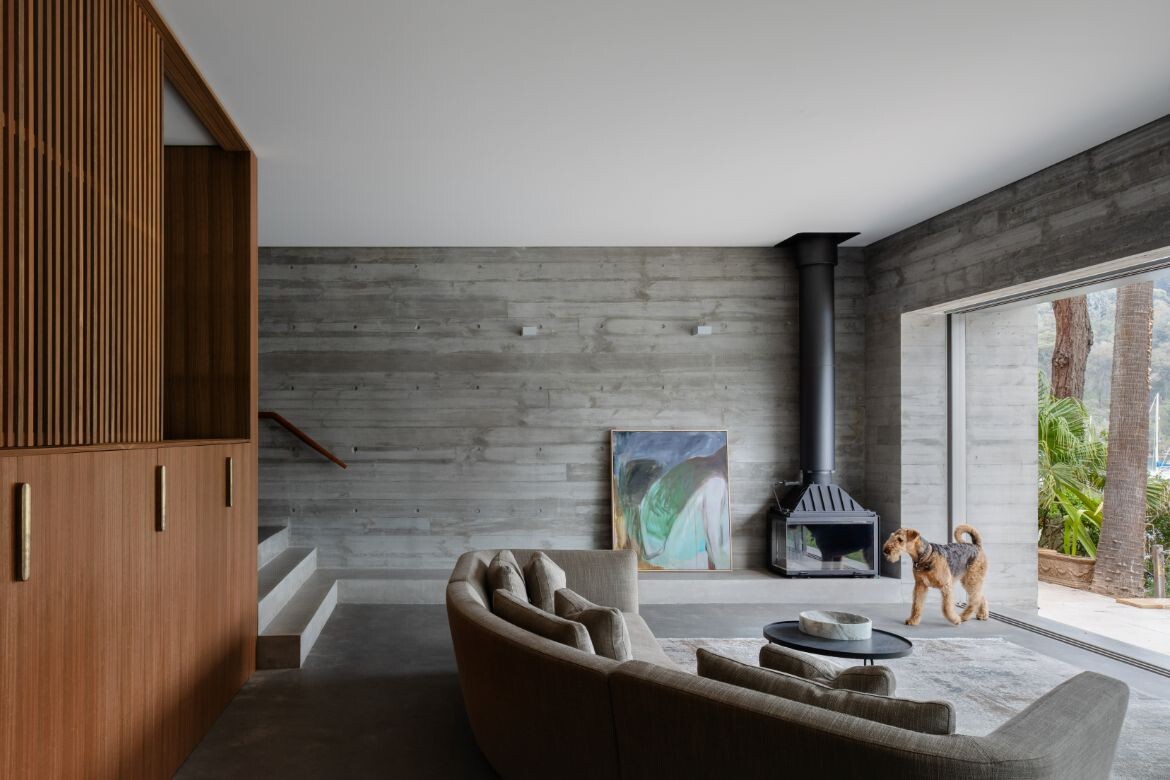
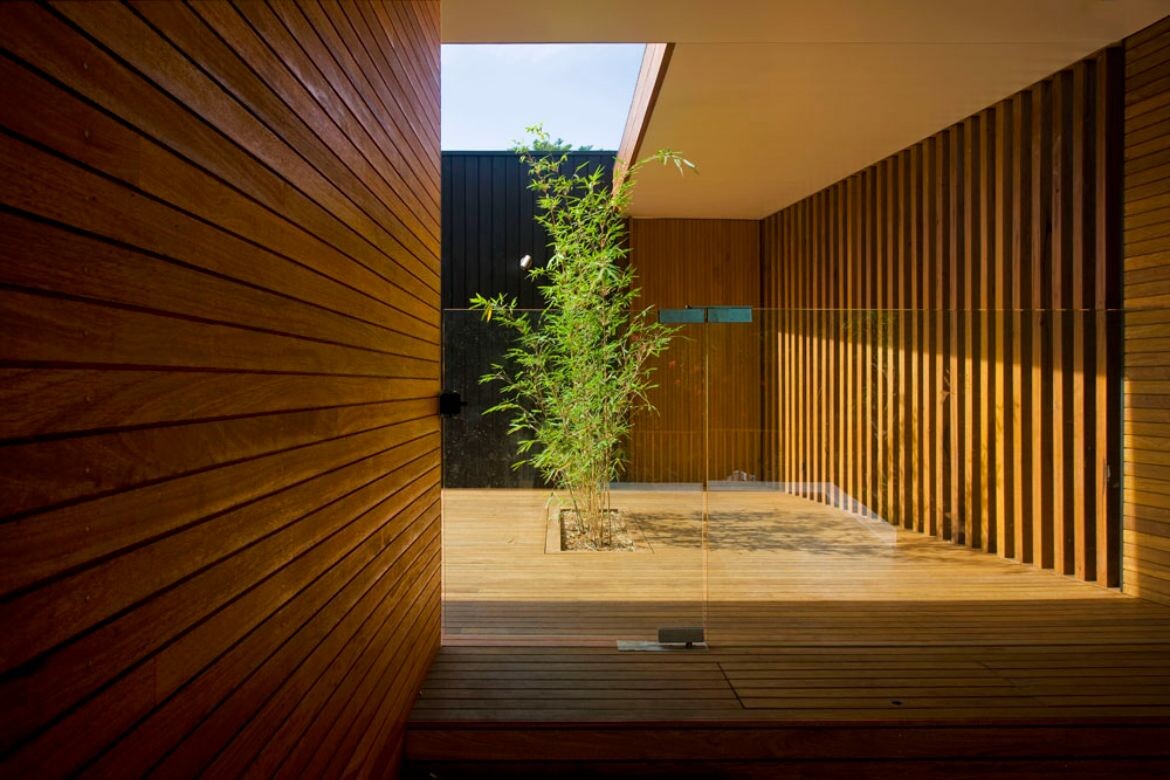
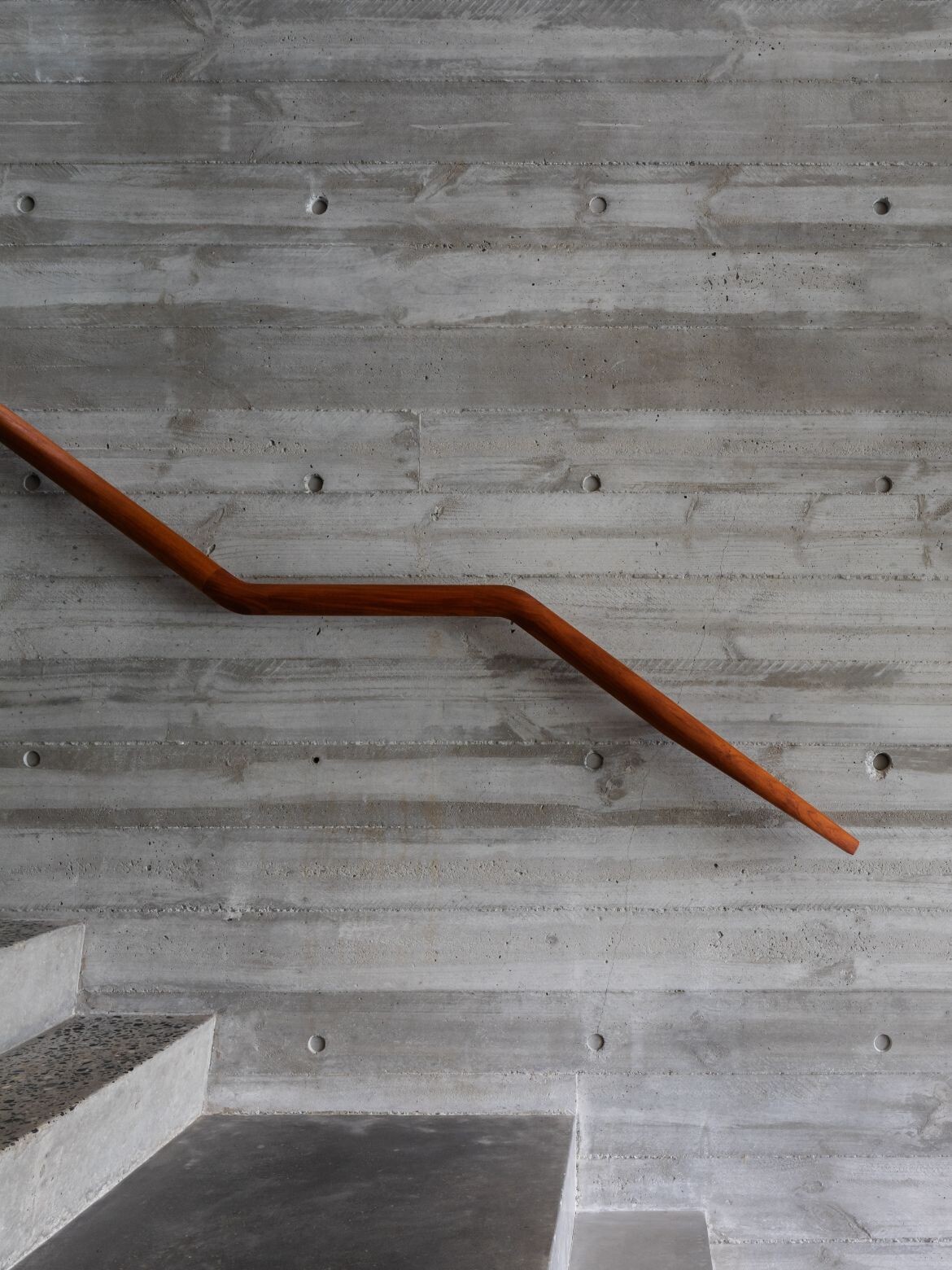

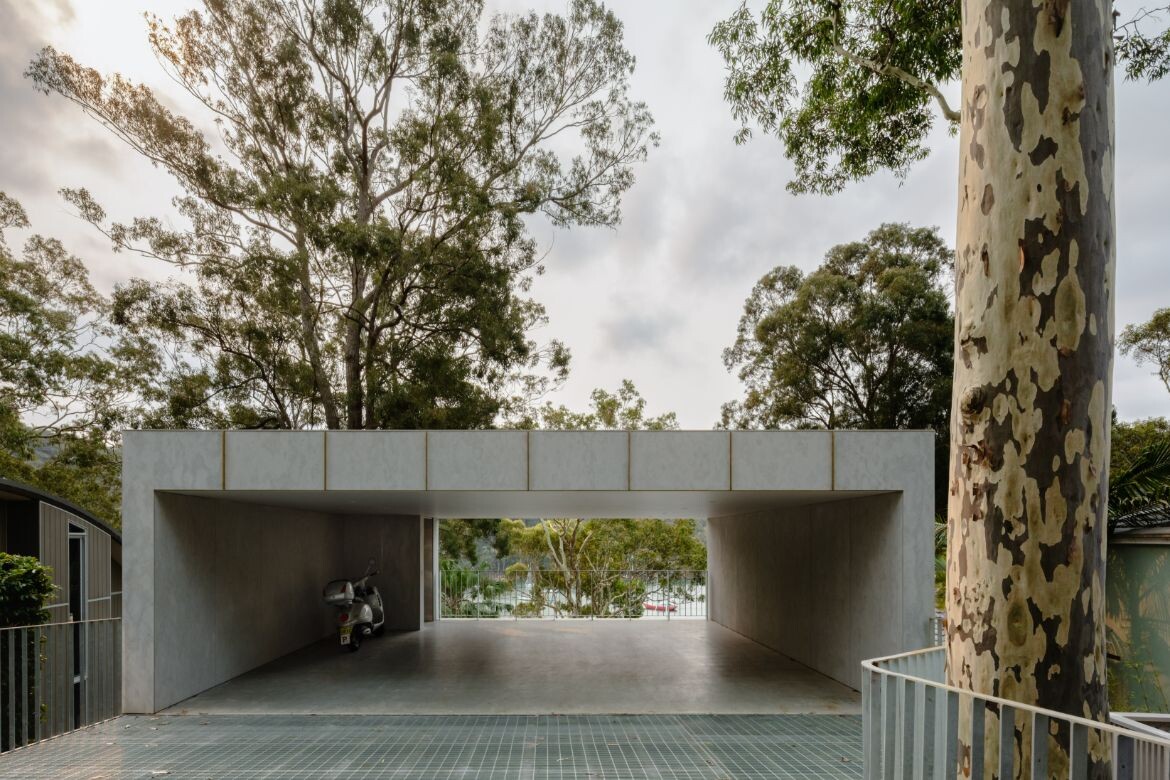
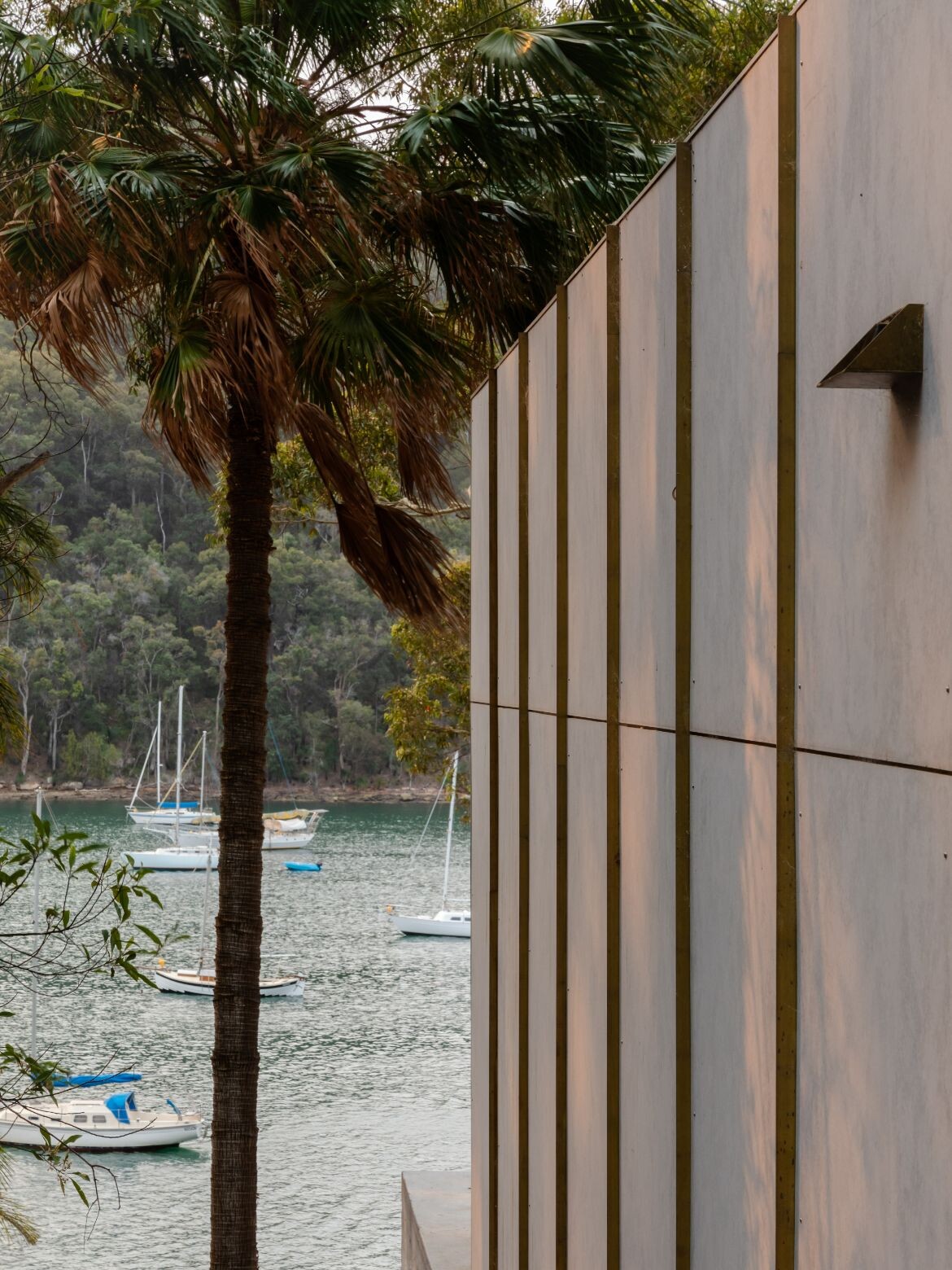

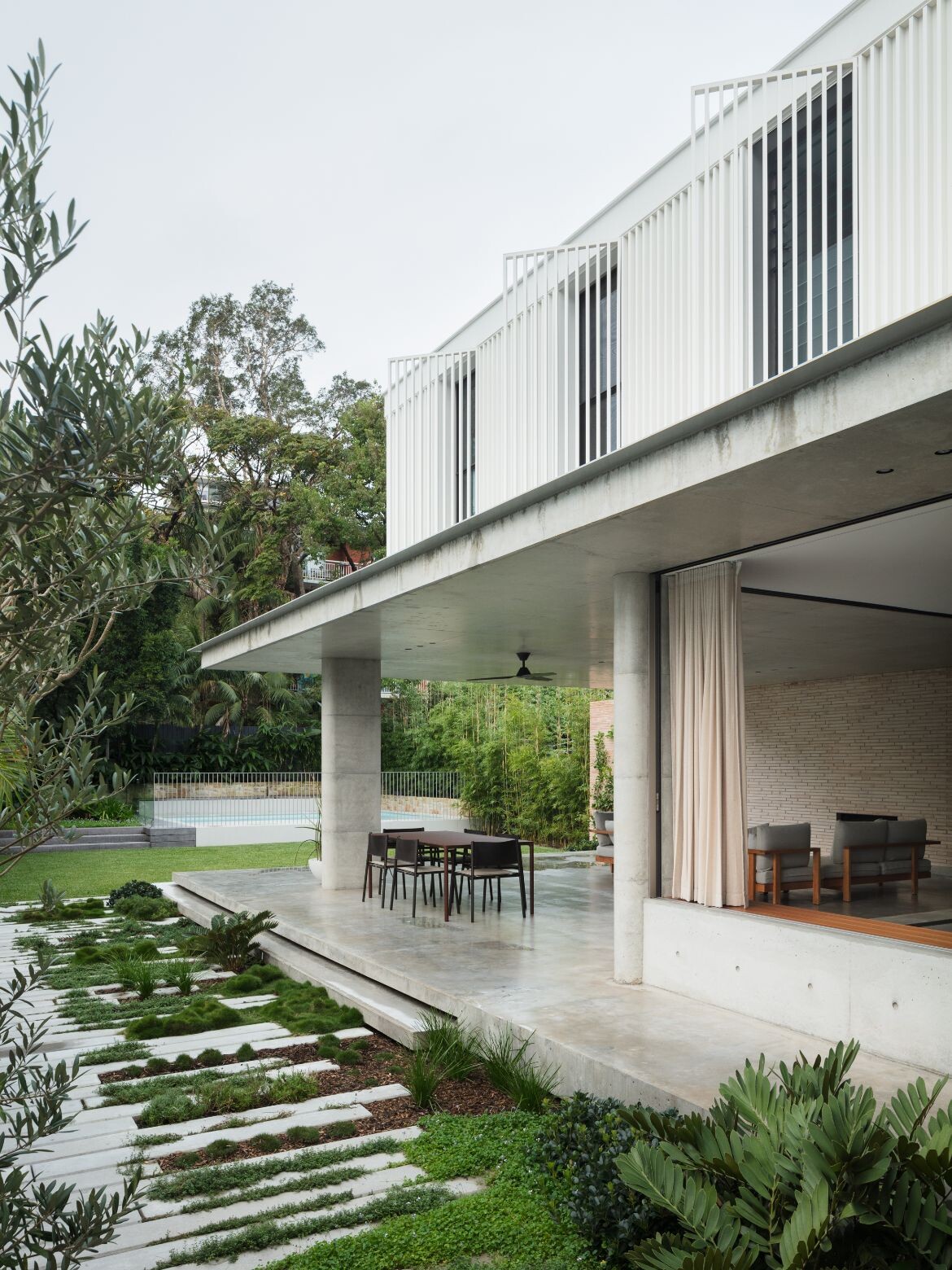
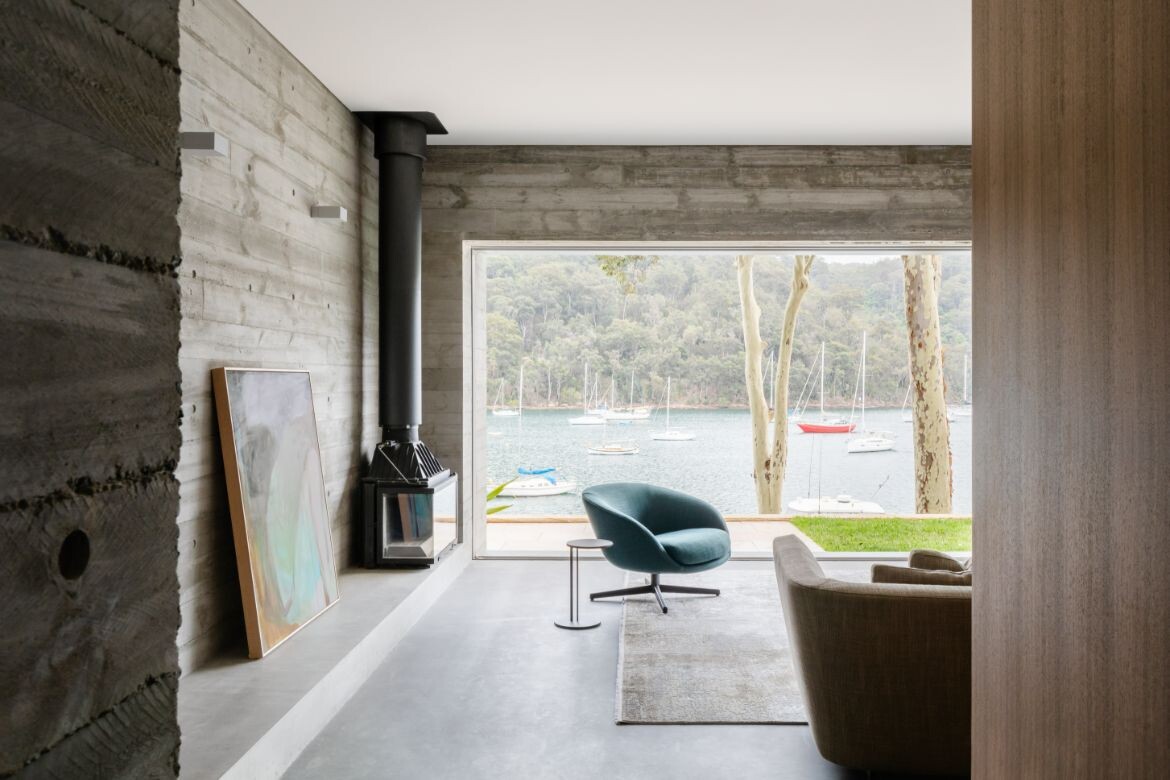
We think you might like this coastal home, Aireys House by Nicholas Burns
